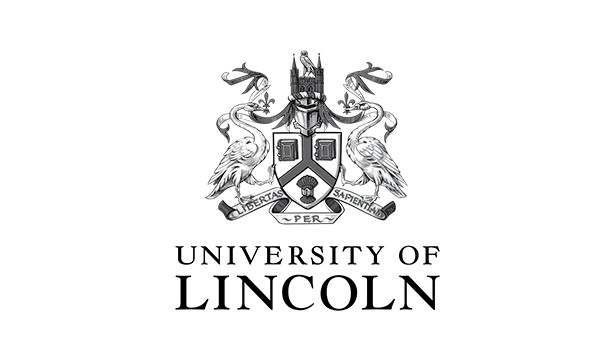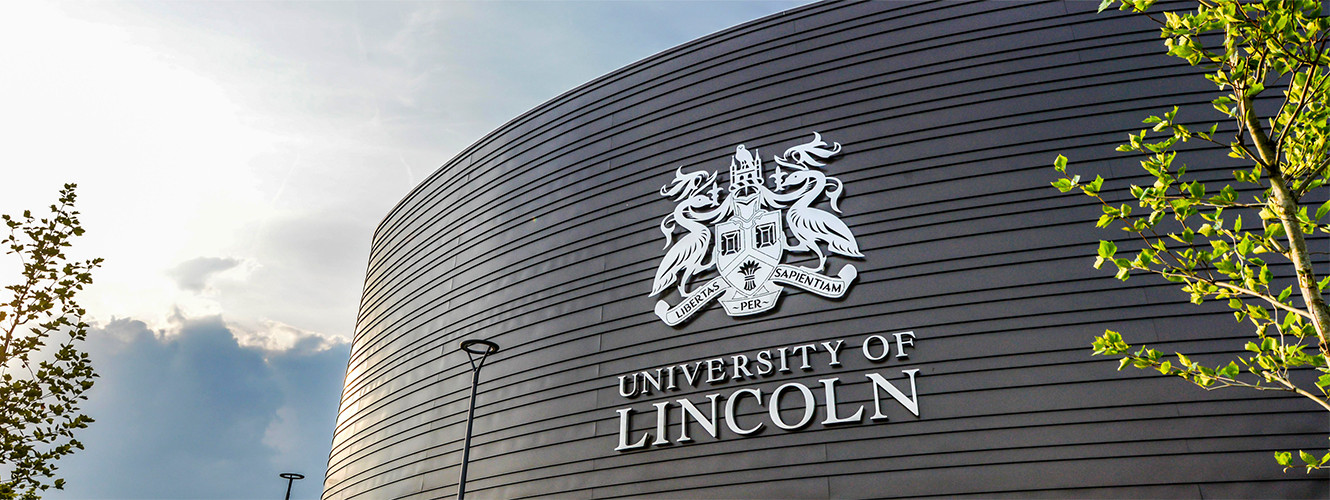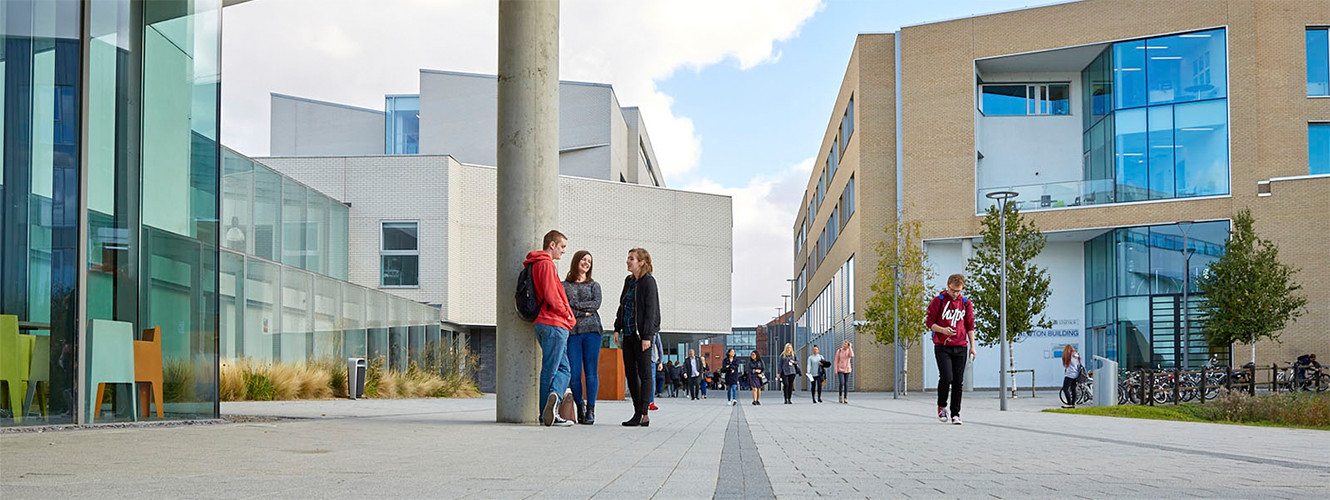UK65 BA (Hons) Criminology and Social Policy University of Lincoln
-
THÔNG TIN CHUNG
Drawing on insights from sociology, policy, law, and the social sciences more generally, criminologists specialising in social policy not only consider how crime is defined, experienced, or explained: they explore society's responses to it, tackling the complex social problems that can lead to crime.
This degree enables students to study the nature, causes, control, and prevention of crime, alongside an examination of how social policy is developed and how it influences the way we live. Students may use a variety of approaches to examine crime, criminal justice, poverty, social exclusion and inequality, and other social issues, tackling difficult and often controversial topics.
Throughout the course, students can explore issues such as identity, citizenship, and social justice in order to evidence the ways in which criminal justice approaches are dependent on a broad network of political, economical, and social controls. These subjects draw on links with local employers, such as criminal justice agencies and councils, to enable students to learn from real-world knowledge and practices.
Teaching is informed by the research expertise of academic staff, who regularly contribute to national policy debates in these fields.
Placements
Students have opportunities to undertake a voluntary, competitive work placement with a local council. This offers valuable experience of a professional policy environment and provide the chance to observe how policy is set by central government and executed by local authorities, including how competing priorities can result in different decisions about where to allocate resources. Those who choose to undertake a work placement are responsible for covering their travel, accommodation, and general living costs.
-
ĐIỀU KIỆN ĐẦU VÀO
Prospective students require one of the following qualifications for entry onto year one of a bachelor’s degree:
- Successful completion of an International Foundation programme
- Between 27 and 34 International Baccalaureate (IB) points depending on the course you wish to apply for. Specific information on IB requirements can be found on individual undergraduate course pages.
- ĐIỀU KIỆN NGÔN NGỮ
- HỌC BỔNG
- ĐỊA ĐIỂM
Tóm tắt
-
Phí ghi danh
0
-
Độ dài khoá học
3 năm
-
Kỳ nhập học
Tháng 9
Phí Cơ Bản
-
Loại Tiền
-
Học Phí
Trên năm -
Phí Sinh Hoạt
Trên năm -
Tổng






